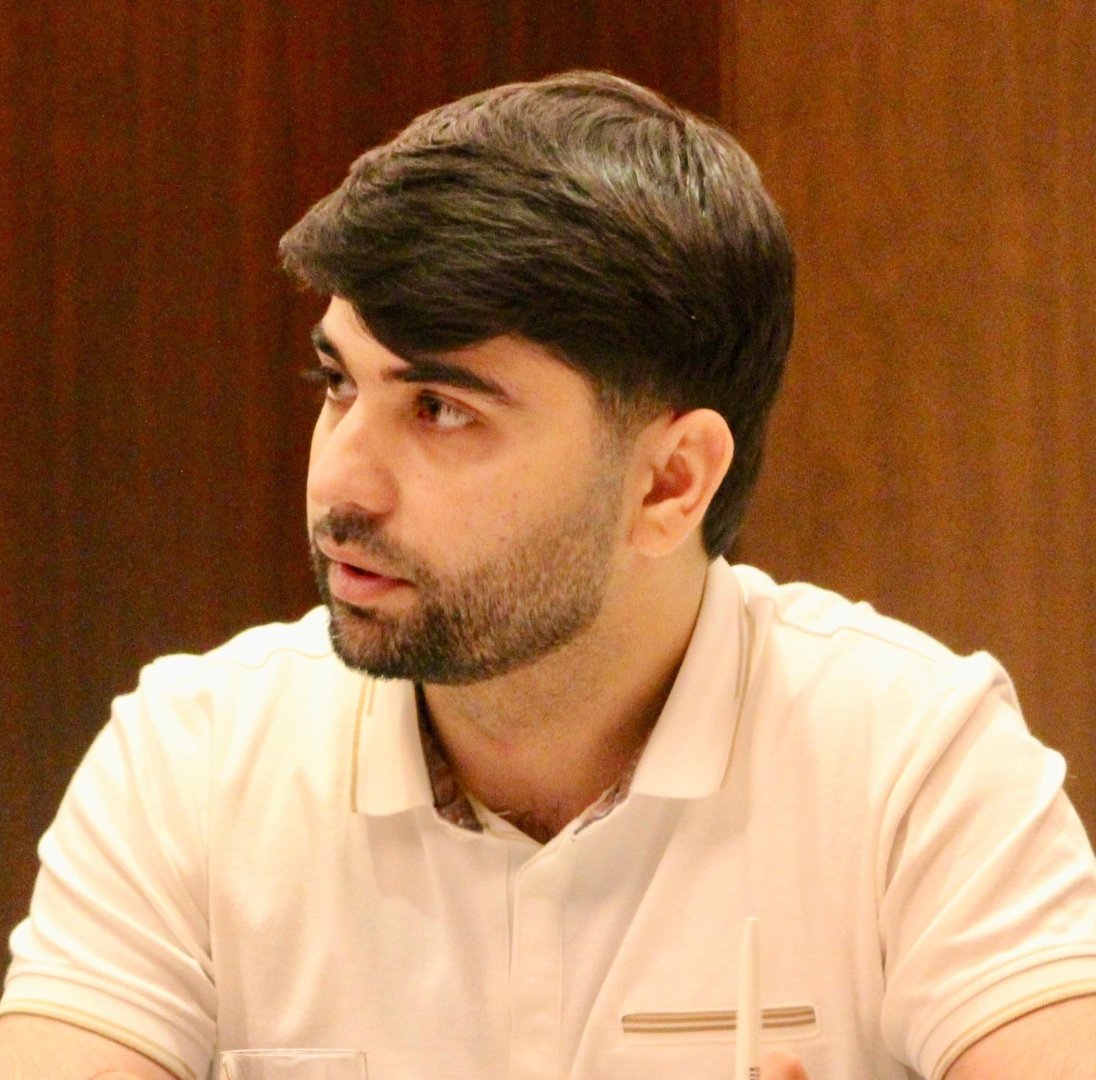BAKU, Azerbaijan, May 10. Today, Azerbaijan commemorates the 102nd anniversary of the birth of National Leader Heydar Aliyev.
Heydar Aliyev was born on May 10, 1923, in Nakhchivan. After graduating from the Nakhchivan Pedagogical College in 1939, he enrolled in the Faculty of Architecture at the Azerbaijan Industrial Institute (now the Azerbaijan State Oil and Industry University), but his studies were interrupted by the outbreak of World War II.
He began his public service career in 1941, holding key positions in the People's Commissariat of Internal Affairs and the Council of People's Commissars in the Nakhchivan ASSR. In 1944, he joined the state security agencies, receiving specialized training in Leningrad and Moscow. In 1957, he graduated from the Faculty of History at Baku State University. Over a 25-year career in the security services, he rose through the ranks to become Chairman of the State Security Committee under the Council of Ministers of the Azerbaijan SSR in 1967, with the rank of Major General.
In July 1969, Heydar Aliyev was elected First Secretary of the Central Committee of the Communist Party of Azerbaijan, becoming the republic’s leader. He joined the Soviet Union’s top leadership in 1982 as a member of the Politburo and First Deputy Chairman of the USSR Council of Ministers, overseeing major areas of economic, social, and cultural policy.
He served as a deputy in both the USSR and the Azerbaijani Supreme Soviets for two decades. In October 1987, he resigned in protest against the political course of the Soviet leadership.
On January 21, 1990, the day after the Soviet army’s violent crackdown in Baku, Heydar Aliyev publicly condemned the massacre, calling for those responsible to be held accountable. In July 1991, he left the Communist Party in protest against the central government’s policies, particularly its handling of the escalating Nagorno-Karabakh conflict.
Returning to Azerbaijan in 1990, Aliyev initially settled in Baku, then moved to Nakhchivan, where he was elected to the Supreme Soviet. Between 1991 and 1993, he served as Chairman of the Supreme Assembly of the Nakhchivan Autonomous Republic and Deputy Chairman of the Azerbaijani Parliament. In 1992, he was elected Chairman of the New Azerbaijan Party at its founding congress in Nakhchivan.
In mid-1993, as Azerbaijan faced political turmoil and the threat of civil war, the people turned to Heydar Aliyev to restore stability. The country’s leadership invited him to Baku, and on June 15, 1993, he was elected Chairman of the National Assembly. A month later, he assumed the powers of the President.
On October 3, 1993, Heydar Aliyev was elected President of Azerbaijan. He was re-elected in 1998. Though he initially agreed to run in the 2003 election, he later withdrew due to health concerns.
Heydar Aliyev passed away on December 12, 2003, at the Cleveland Clinic in the United States. He was laid to rest at the Alley of Honor in Baku on December 15.
His legacy lives on in an independent and sovereign Azerbaijan. The country’s Victory in the 44-day Patriotic War is widely seen as the result of the foundations laid under Heydar Aliyev’s leadership - from strengthening the military to building a resilient state. Under President Ilham Aliyev, the liberation of Azerbaijani lands became a proud chapter in the nation's history and a powerful affirmation of Heydar Aliyev’s vision for a strong, united, and independent Azerbaijan.







